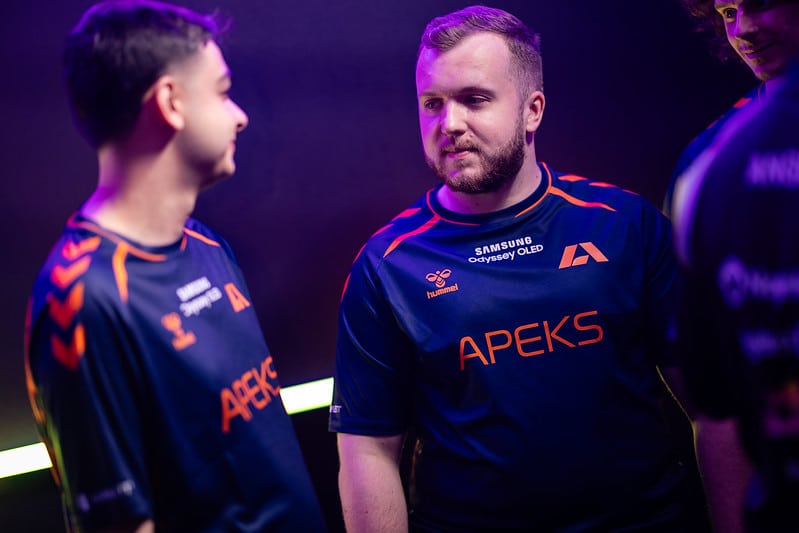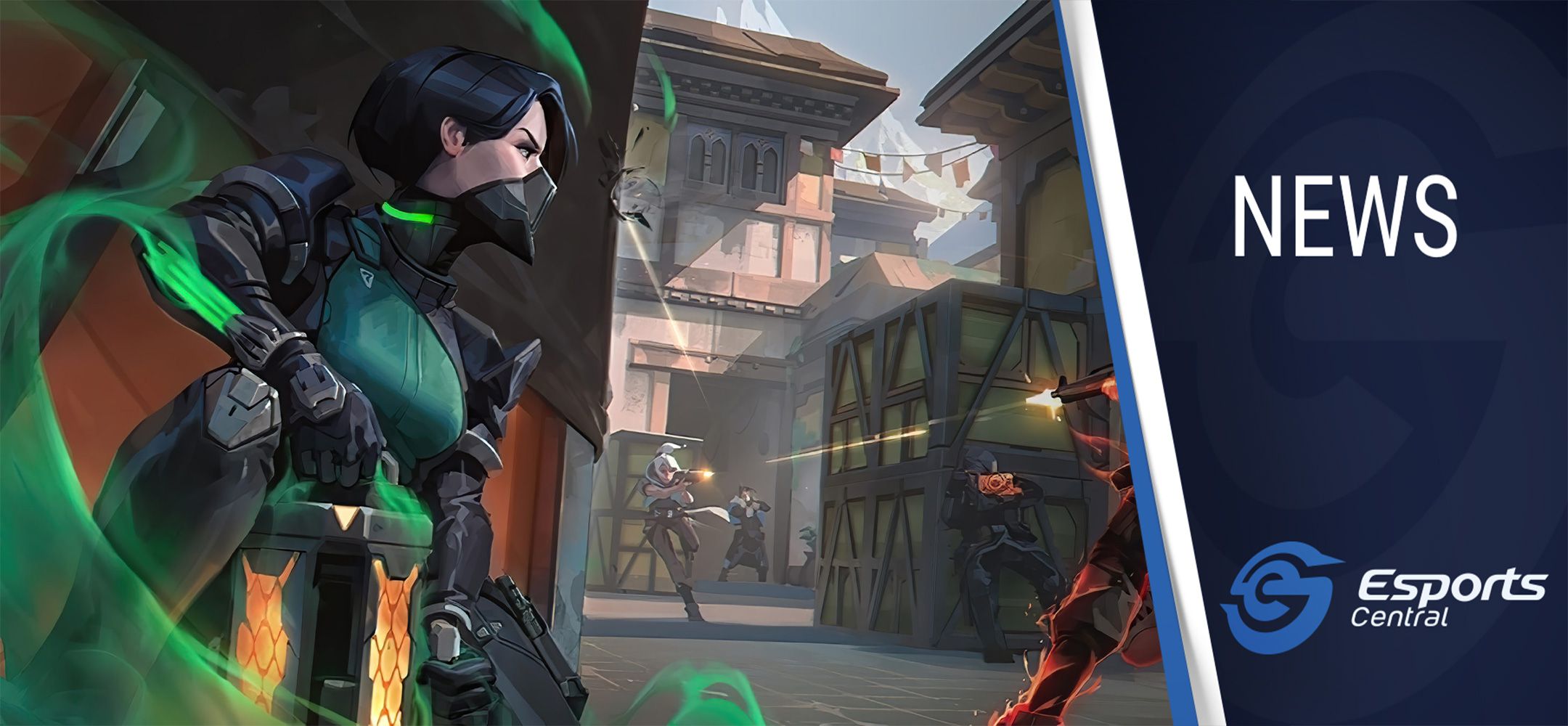
The competitive arena where dreams and budgets frequently collide.
In the dynamic, often volatile world of esports, organizations frequently navigate a landscape where high-octane competition meets complex financial realities. The recent announcement from the esports organization Apeks — a decision to pause its VALORANT operations indefinitely — offers a stark illustration of these underlying tensions. While competitive performance often grabs headlines, Apeks` strategic retreat highlights a less visible but equally critical factor: the evolving business model of professional gaming circuits.
The Ascent, The Struggle, The Pause
Apeks first entered the VALORANT scene in early 2023, quickly making a name for itself within the Challengers league. Their significant triumph in VCT Ascension EMEA 2024, culminating in a dramatic 3-2 Grand Finals victory, propelled them into the highly coveted VCT EMEA 2025 circuit. This was a moment of peak achievement, securing a slot among the region`s elite and promising a future filled with international contention.
However, the transition to the top tier proved challenging. The 2025 season saw Apeks grapple with consistent performance issues, failing to qualify for any of the prestigious VCT Majors. From an early exit in the VCT EMEA Kickoff to lower-tier finishes in Stage 1 and Stage 2, the team`s journey through 2025 was marked by competitive hurdles. This culminated in their relegation from VCT EMEA, effectively ending their run at the highest level for the foreseeable future.
Beyond the Scoreboard: The Economics of Esports
While competitive results undeniably play a role in any team`s longevity, Apeks` statement goes further, pointing to systemic changes within the VALORANT Champions Tour (VCT) ecosystem. A pivotal factor cited was Riot Games` decision to alter the VCT slot duration from two years to one after the 2024 season. For an organization like Apeks, this seemingly minor policy adjustment had significant repercussions.
The shortened slot duration directly impacts an organization`s ability to plan and justify long-term investments. “A significant budget reduction” for 2025 became an unavoidable consequence, making it difficult to maintain a top-tier roster and operational infrastructure. In an industry where talent acquisition and retention are fiercely competitive, and salaries for elite players can be substantial, such a shift in foundational economics can render even successful competitive ventures unsustainable.
“Ultimately, while we are confident that we could once again build a high-calibre roster for VCL, the current system no longer aligns with the conditions that initially led us to invest in the space. We hope to return at a later point, but for now, we bid farewell.”
This candid admission from Apeks underscores a crucial point: the pursuit of competitive glory, while enticing, must align with a viable business model. The glittering prizes of competitive triumph often come with a less glamorous spreadsheet attached, detailing operational costs, marketing expenses, and, critically, the financial outlook provided by publishers.
A Broader Industry Reflection
Apeks` departure from VALORANT isn`t an isolated incident; it`s a micro-example of macro-trends in the esports industry. Organizations globally are increasingly scrutinizing their investments, seeking sustainable paths amidst fluctuating economies and evolving game ecosystems. The high costs associated with maintaining top-tier rosters, coupled with the often-elusive promise of profitability, are forcing many to re-evaluate their strategies. This period of recalibration suggests a maturing industry, one moving past the initial gold rush toward more grounded, sustainable operational models.
For the players, these organizational shifts carry immediate and personal implications. Already, several Apeks players were exploring options for the 2026 season as restricted free agents. The earlier retirement of Ava `florescent` Eugene, who cited a need to “rest up and recharge,” further highlights the intense pressures and burnout faced by professional esports athletes in such a demanding environment.
What Lies Ahead?
Apeks` statement concludes with a hopeful note: an aspiration to return to VALORANT operations at a later point. This sentiment reflects the enduring appeal of competitive gaming and the commitment many organizations have to their chosen titles. For now, their pause serves as a valuable case study, illustrating how the intersection of competitive performance, publisher policies, and financial viability dictates the ebb and flow of professional esports organizations. As the VALORANT Champions Tour continues to evolve, the industry will undoubtedly watch closely how other organizations adapt to these ongoing challenges, ensuring that the dreams of competitive glory remain tethered to the realities of sustainable business.

